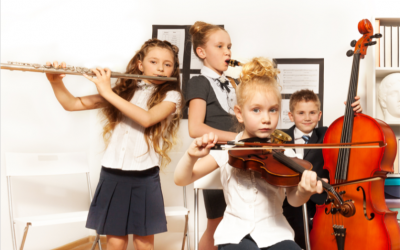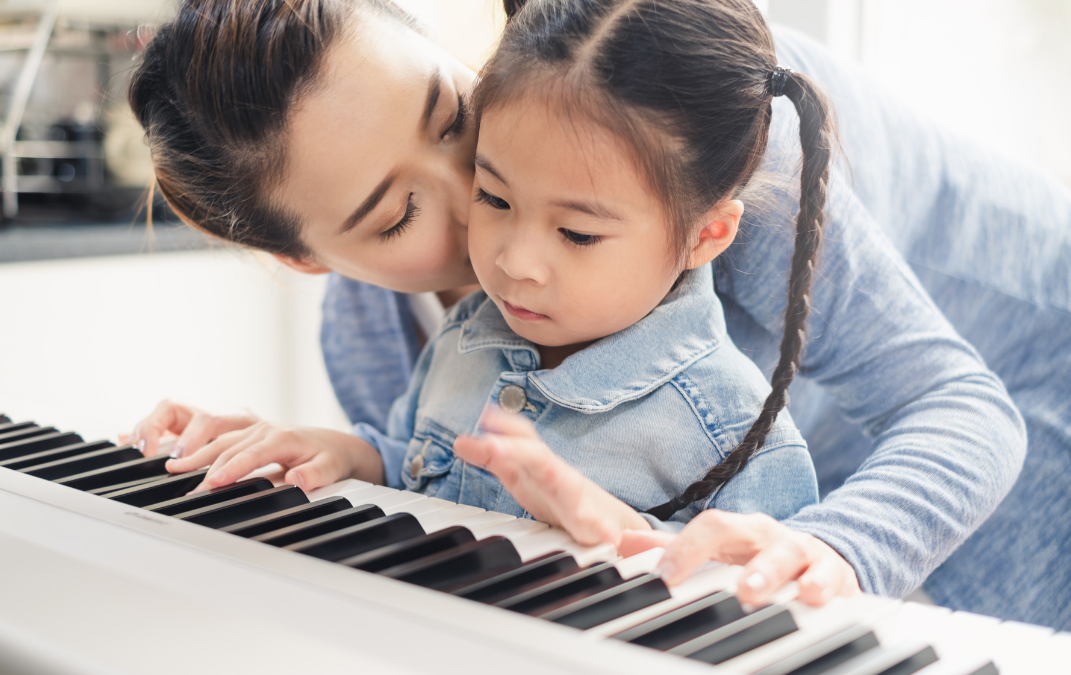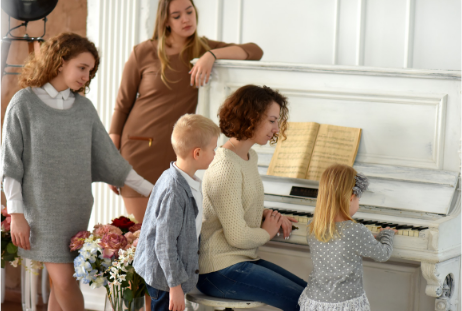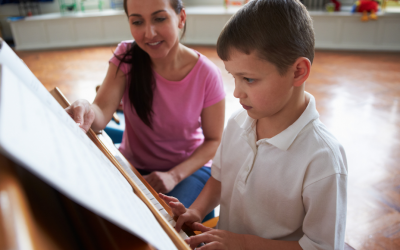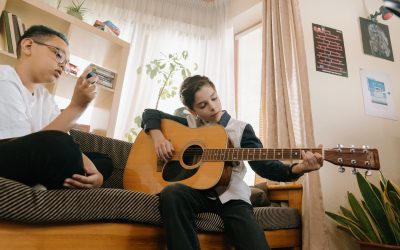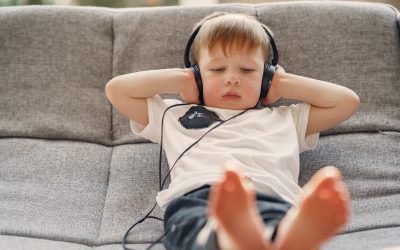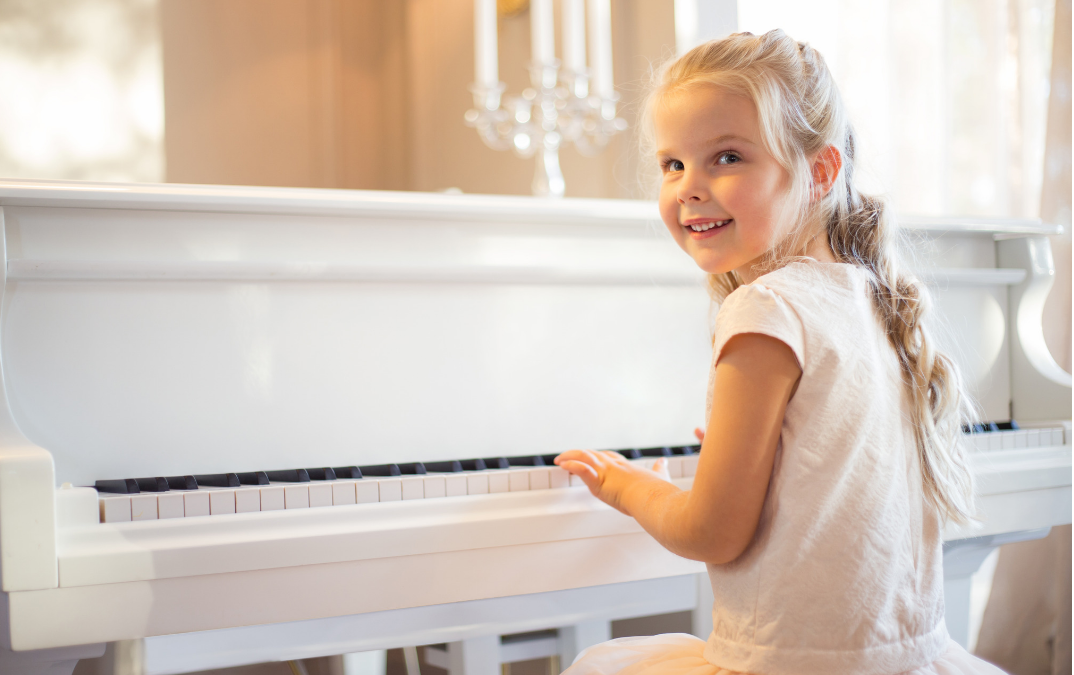facebooktwitterpinterestinstagramyoutubeI’m sure you will all agree with me when I say that music lessons can be very expensive for the average family and one of the reasons many families tend to forgo the cost. But in the same vain, I don’t think that you...
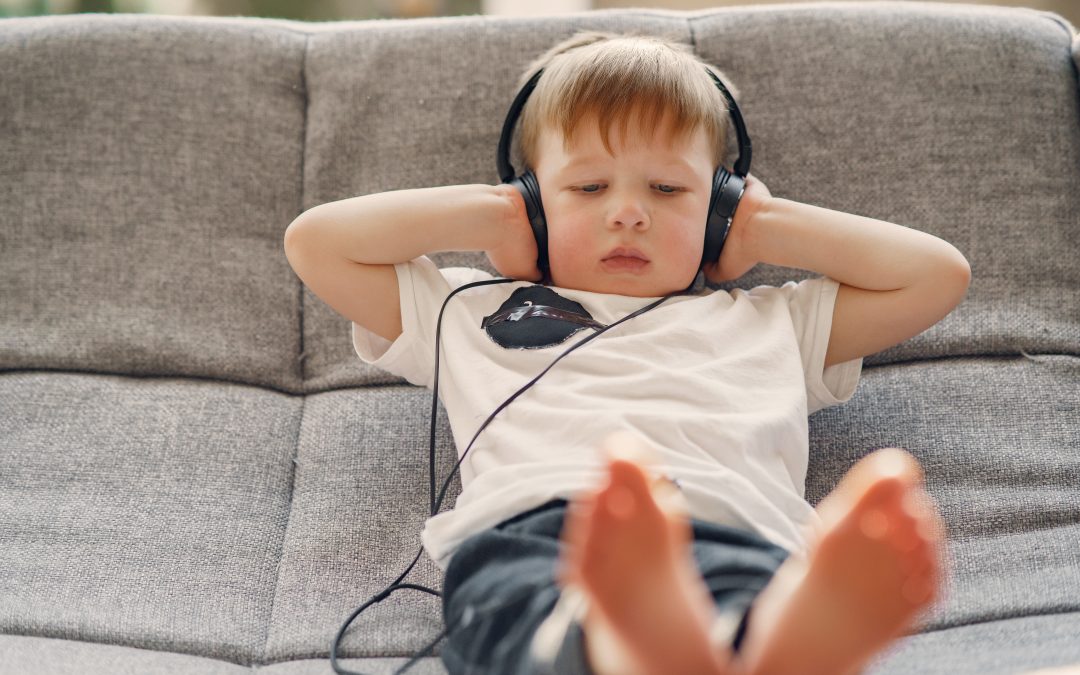
3 ‘Shockingly’ Simple Ways To Teach Children To Appreciate Different Genres Of Music In The Homeschool
3 ‘Shockingly’ Simple Ways To Teach Children To Appreciate Different Genres Of Music In The Homeschool
I guess you are surprised to know that there are a variety of very simple ways in which, you can teach your kids to appreciate different genres of music in the homeschool.
Yes, even if you have no background in music and no formal training, you can still help your kids to appreciate music and you, yourself can learn it in the process as well.
So let’s get started with the first method.
Listening Activities
Yes, by simply listening to different genres of music, you can help your kids learn to identify the different nuances therein.
You can learn about the different musicians and composers who excel in that genre.
Furthermore, with some online research, you can gain an in-depth understanding of the history of the genre, the greatest players, and much more.
Want to learn more about adding easy music appreciation activities to your homeschool? Then read my posts 5 Ways To use A Musical Playlist To Learn Music Appreciation, 6 ‘Unbelievably’ Simple Ways To Teach Your Kids Music Analysis and 7 Ways Unschoolers Can Incorporate Or Encourage Kids To Appreciate Music.
Teaching Music Theory
Yes, now this might not be possible unless you, yourself have a knowledge of music theory.
But don’t fret. There are a variety of different options that are available to everyone, even musically untrained parents.
You can join me for 5 Free Piano Lessons, where I will give you the guidance you need to teach your kids to Read Music Music Notes and Play the Piano in just 5 Days, and thereby teaching you music theory as well.
On the other hand you can find a music theory only course online for your kids to learn or you can join my music theory programs and have your kids learn right here.
History Of Music
This is another great way to teach your kids to appreciate music, even if you don’t have the know how and don’t have the time right now, to learn music, so you can teach them.
How you ask, can you teach kids to appreciate music through music history?
Simple.
Simply learning about different composers, and instruments and eras in music history, will teach them so much about the different genres in music and get them really interested in gaining an in-depth understanding of the subject
Here are some blog posts I wrote on how you can incorporate composer studies and instrument studies as well as history of music lessons into your homeschool routine. Musical Theme Immersion Activities Categorized By Age, 6 Ways To Incorporate Instrument Studies In Your Homeschool, and 4 ‘Unimaginably’ Easy Ways To Incorporate Composer Studies To Your Homeschool.
Want a made for you music appreciation course? Then sign up right here, for my 4 week music appreciation course and let’s get started.

Karen Cadera
Founder/Creator
Mom, Teacher, Minimalist, Zero Waste Enthusiast, Multi Pod.
My daughter loved the games, but there were also worksheets and videos. The weekly lesson plans were complete, and I never questioned what I should be doing next.
Articles That Maybe Of Interest To You
10 ‘Horribly’ Expensive Mistakes Families Make When Paying For Private Music Lessons
5 Shockingly Simple Ways To Provide Music Lessons For Kids In The Homeschool
facebooktwitterpinterestinstagramyoutubeIf you’ve been a reader of my blog or listened to my podcasts in the past, you will know that I’m a great advocate for helping parents who have absolutely no training or minimal formal training in music, to teach their kids...
3 ‘Super Easy’ Ways To Teach Your Child To Sing In The Homeschool
facebooktwitterpinterestinstagramyoutubeSinging is one of the easiest ways in which to incorporate music in your homeschool routine. And it is something that can be done every single day without too much hassle. Also singing has one of the biggest advantages, and...


